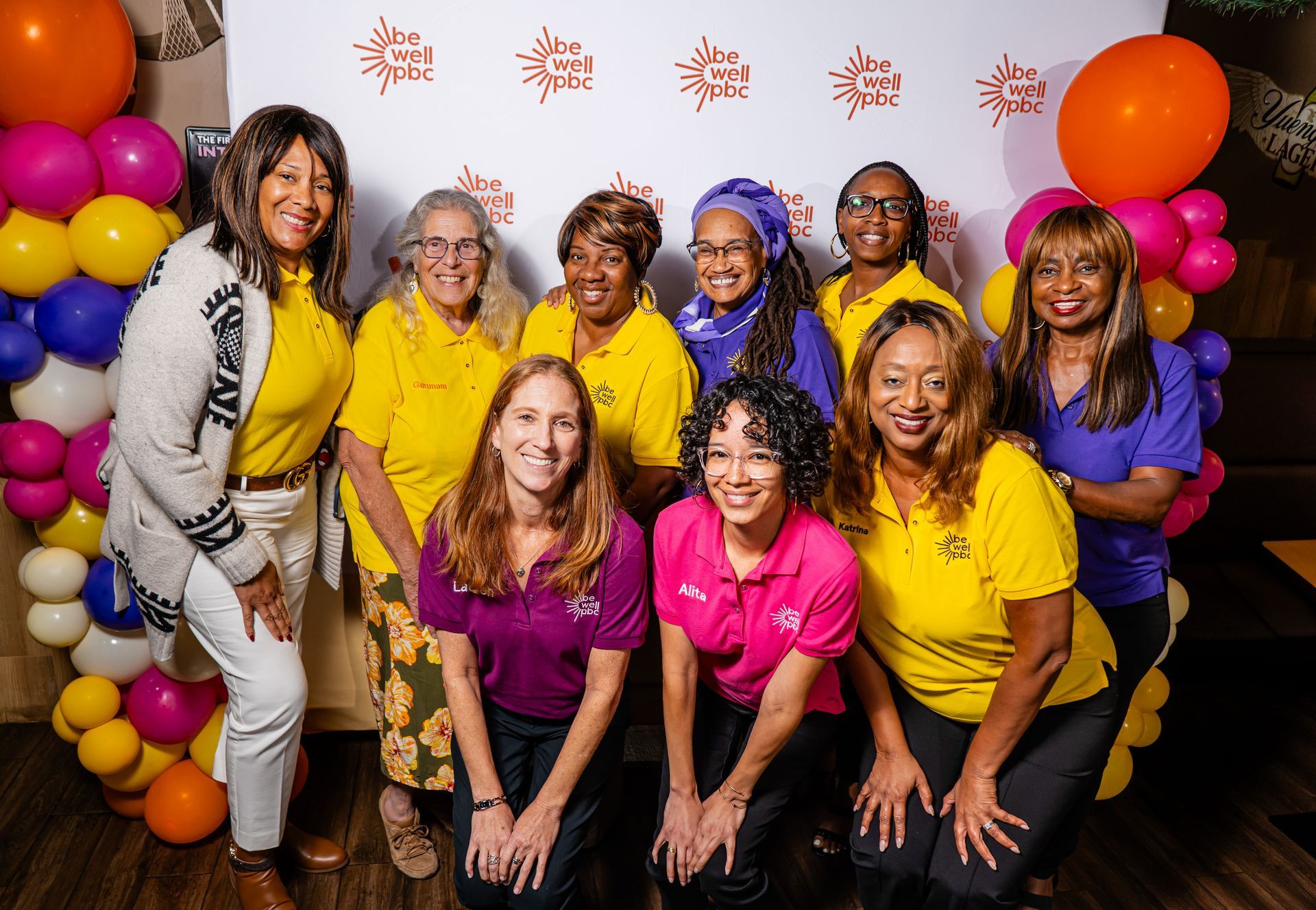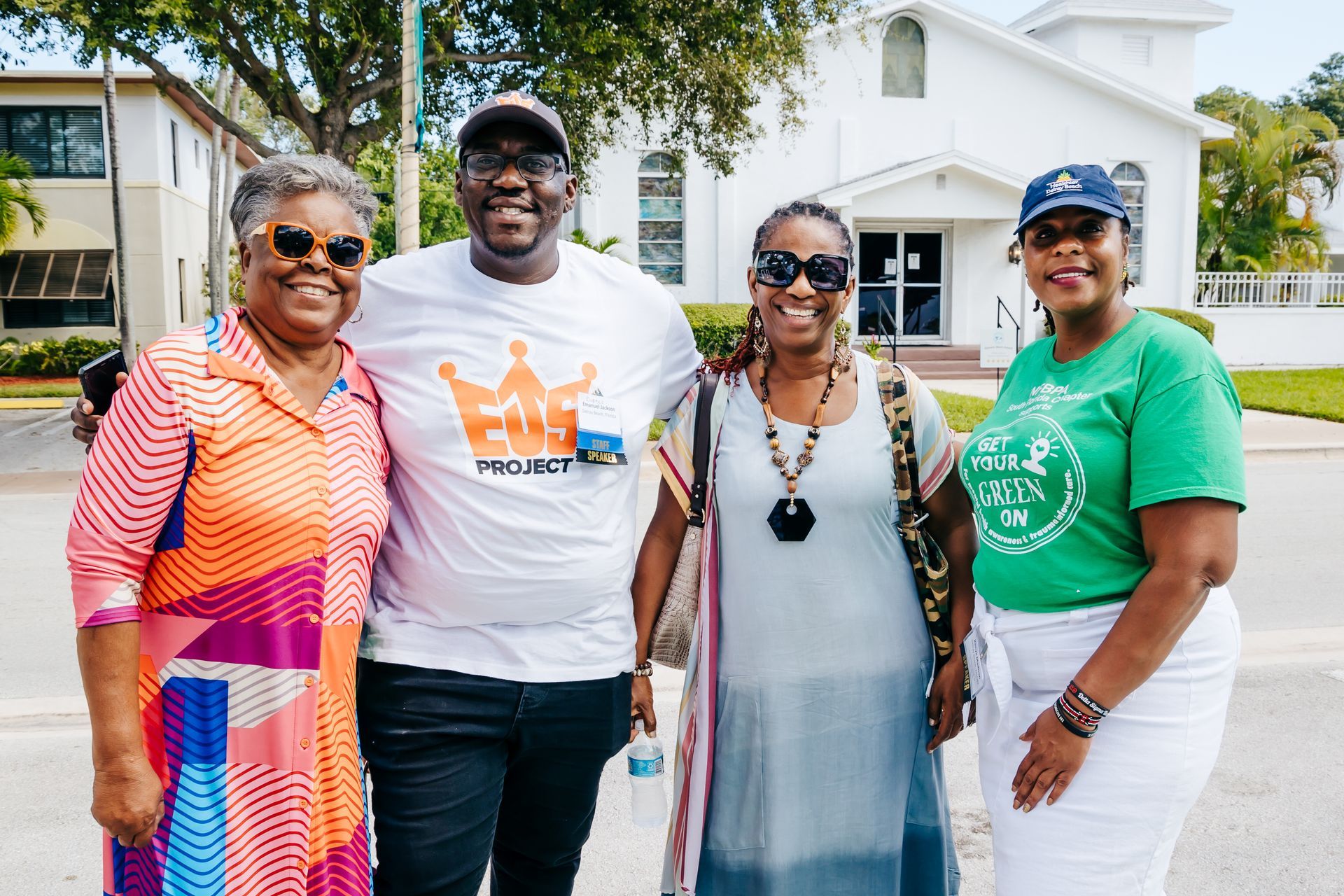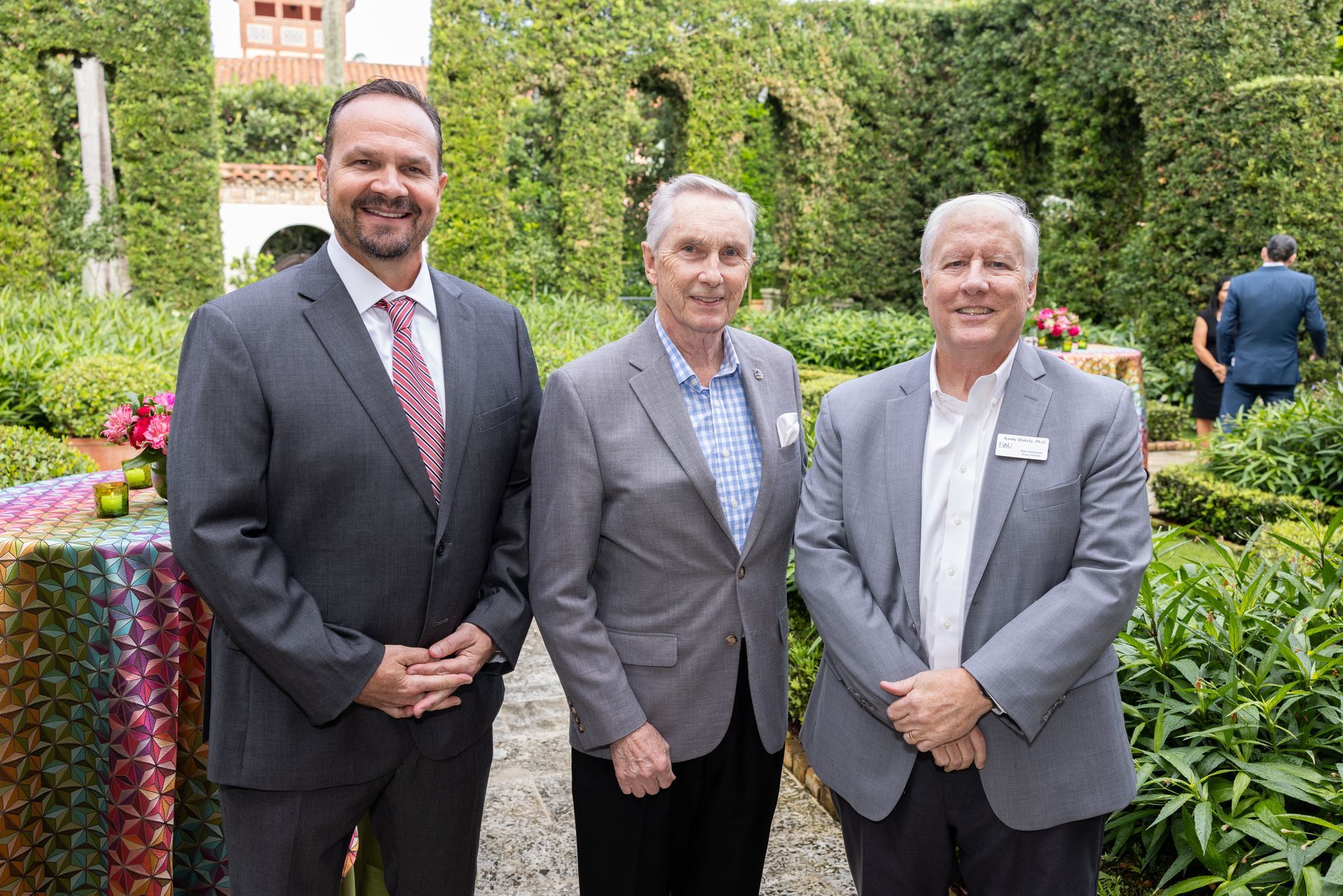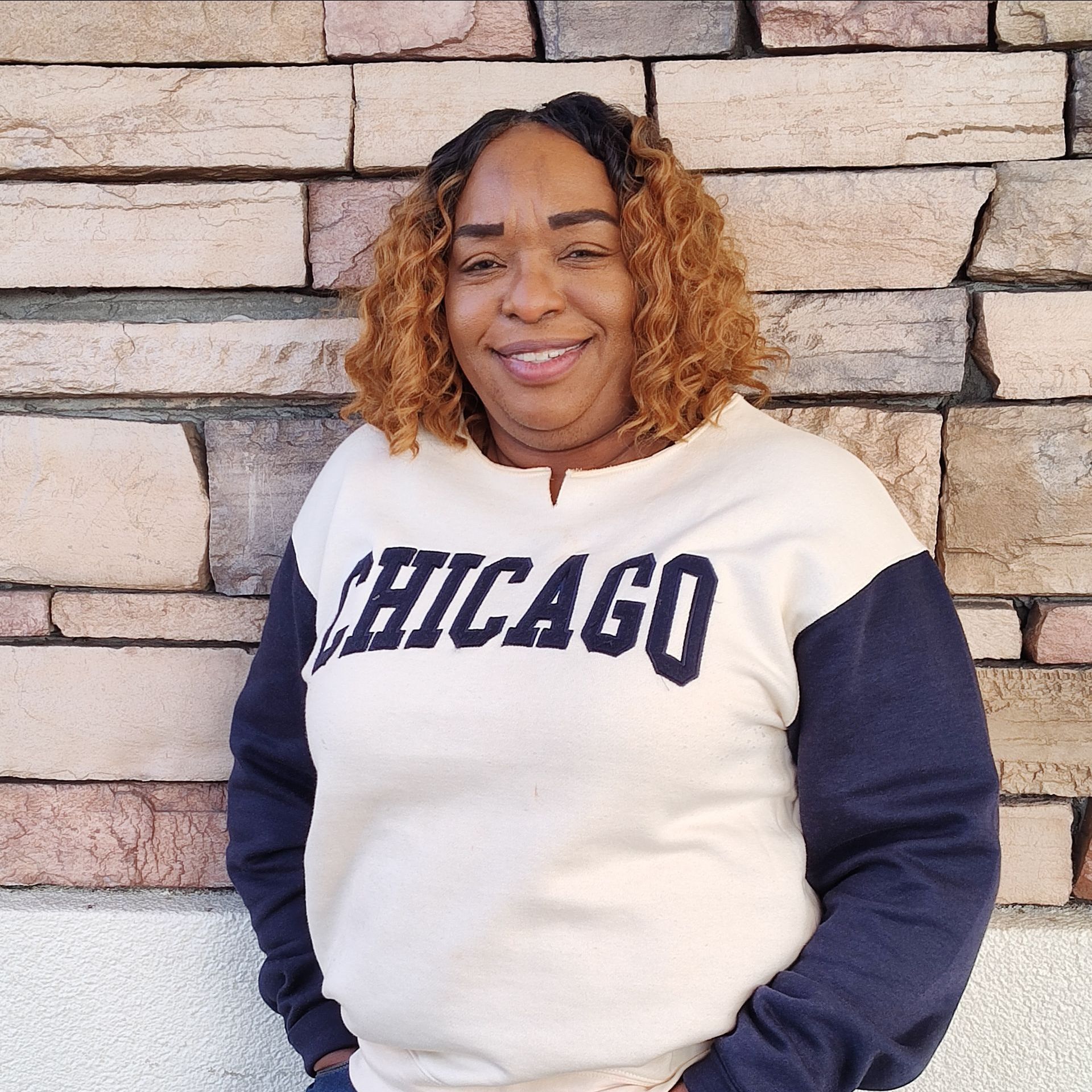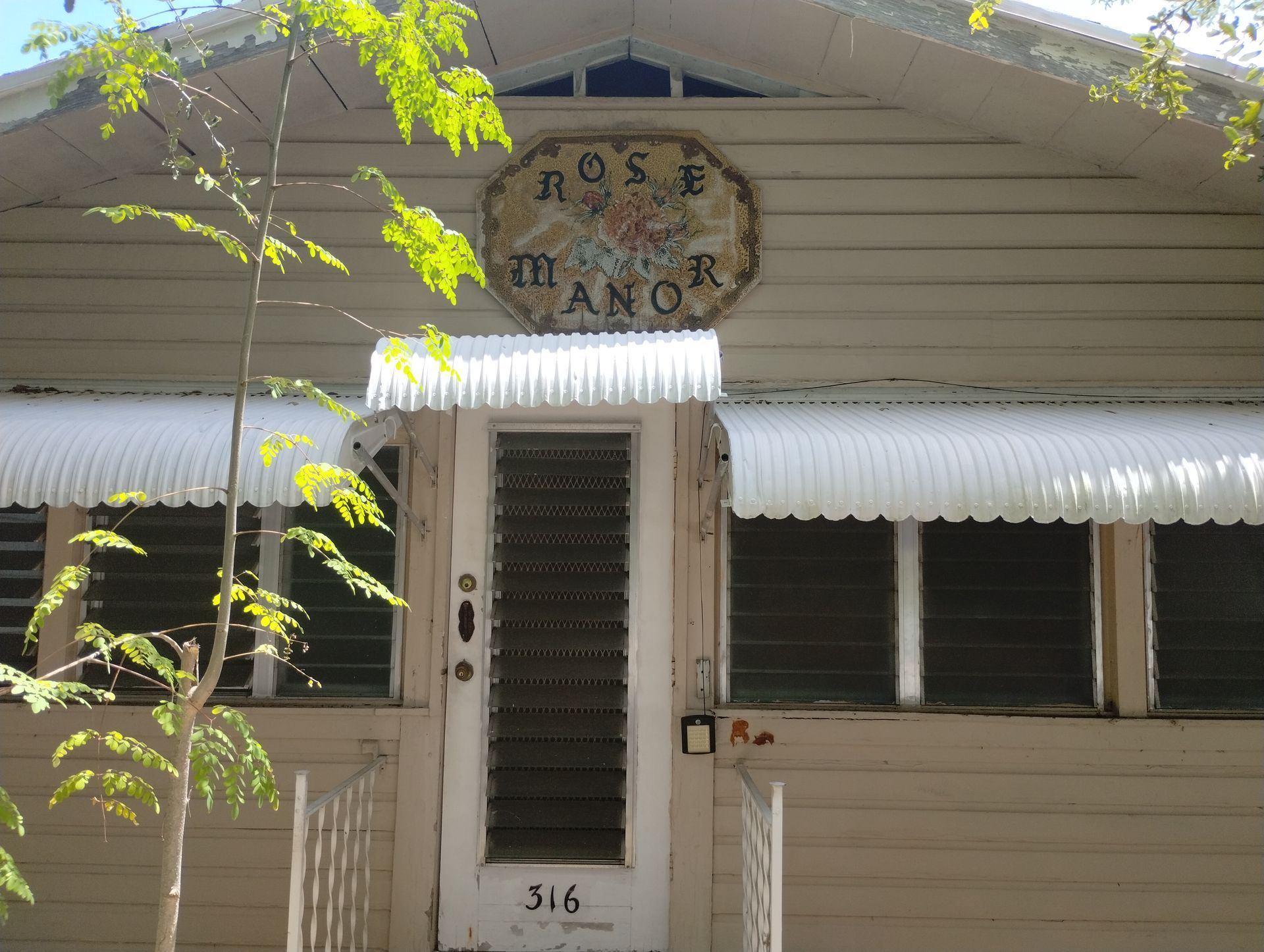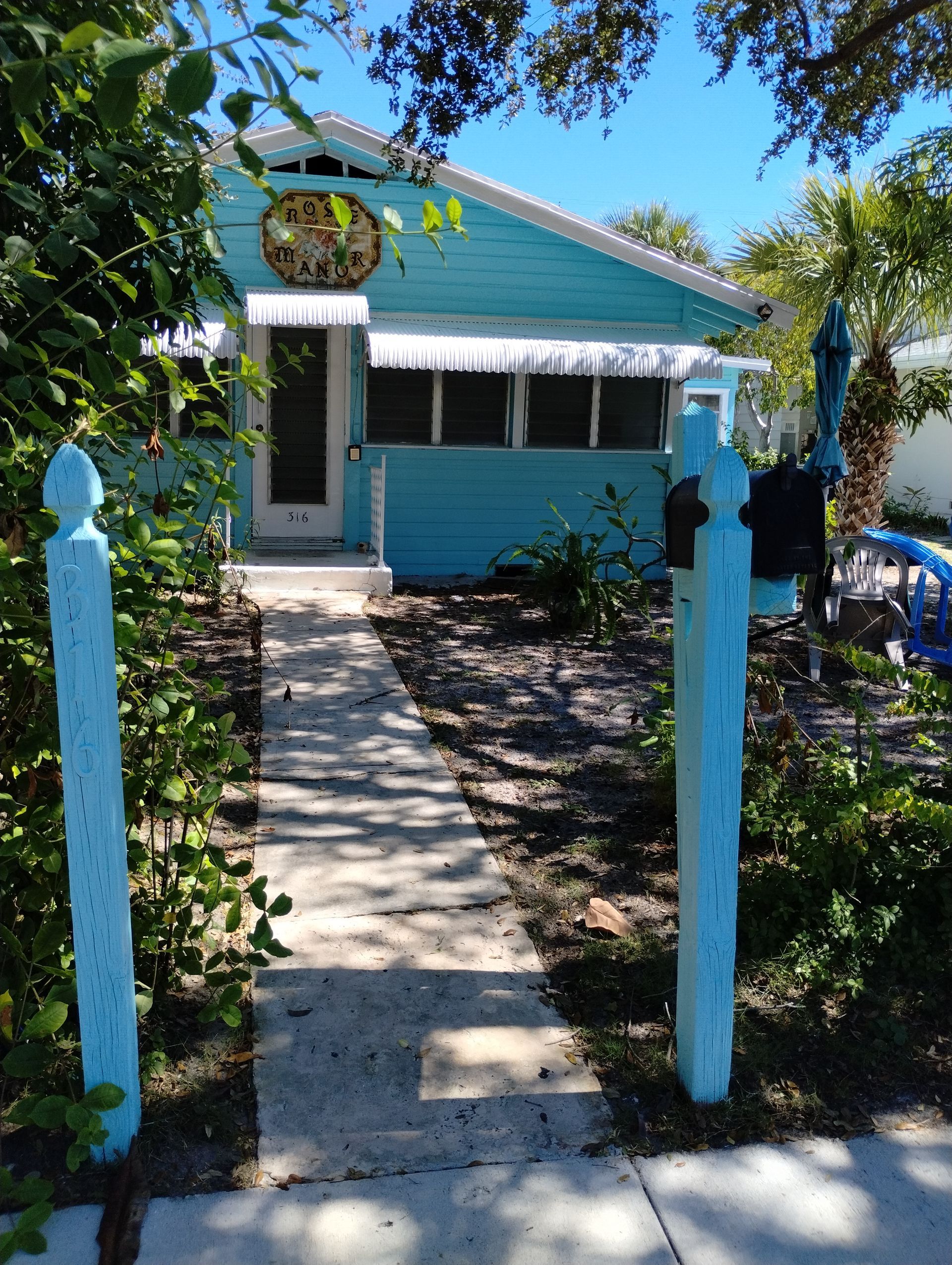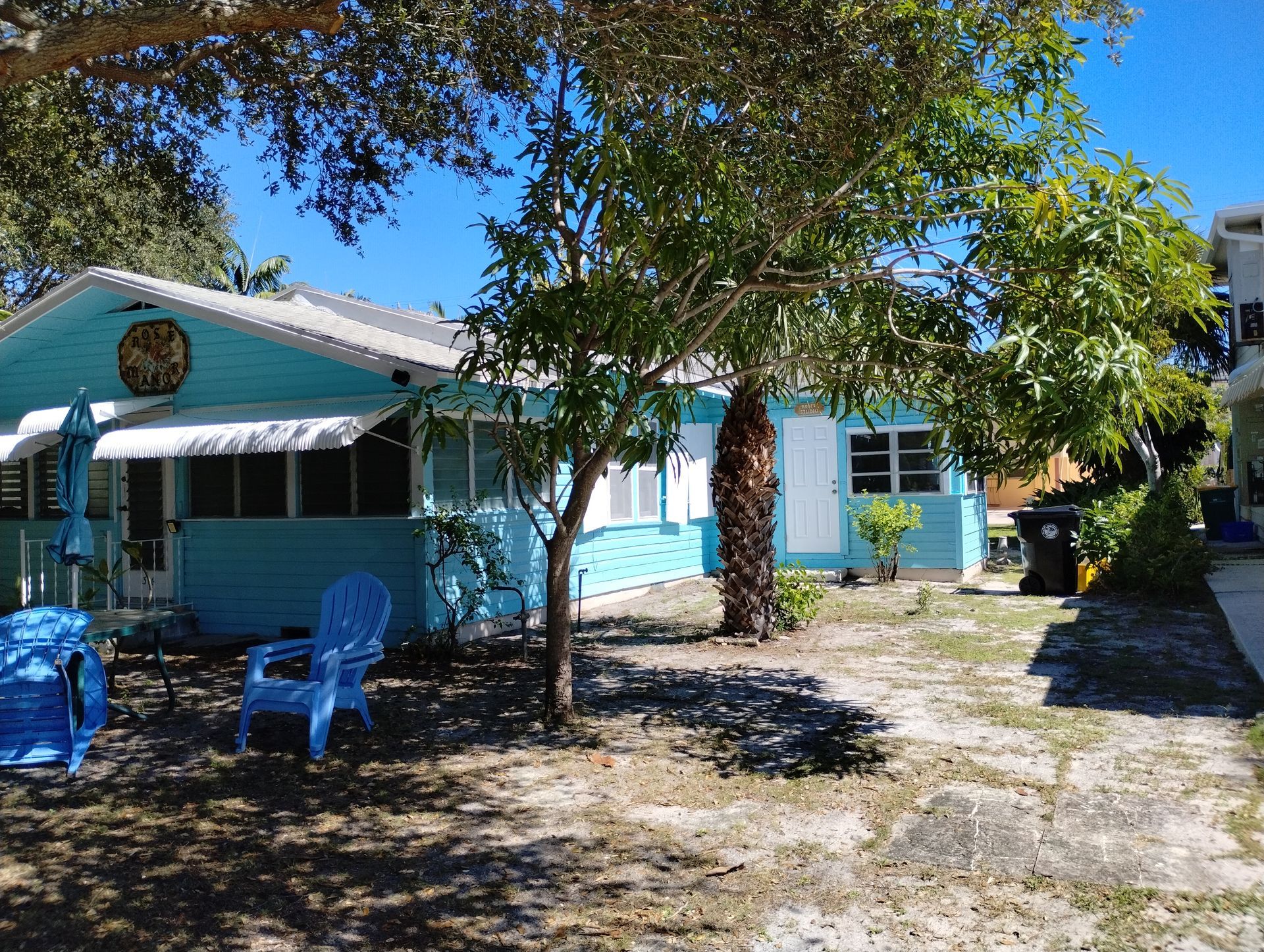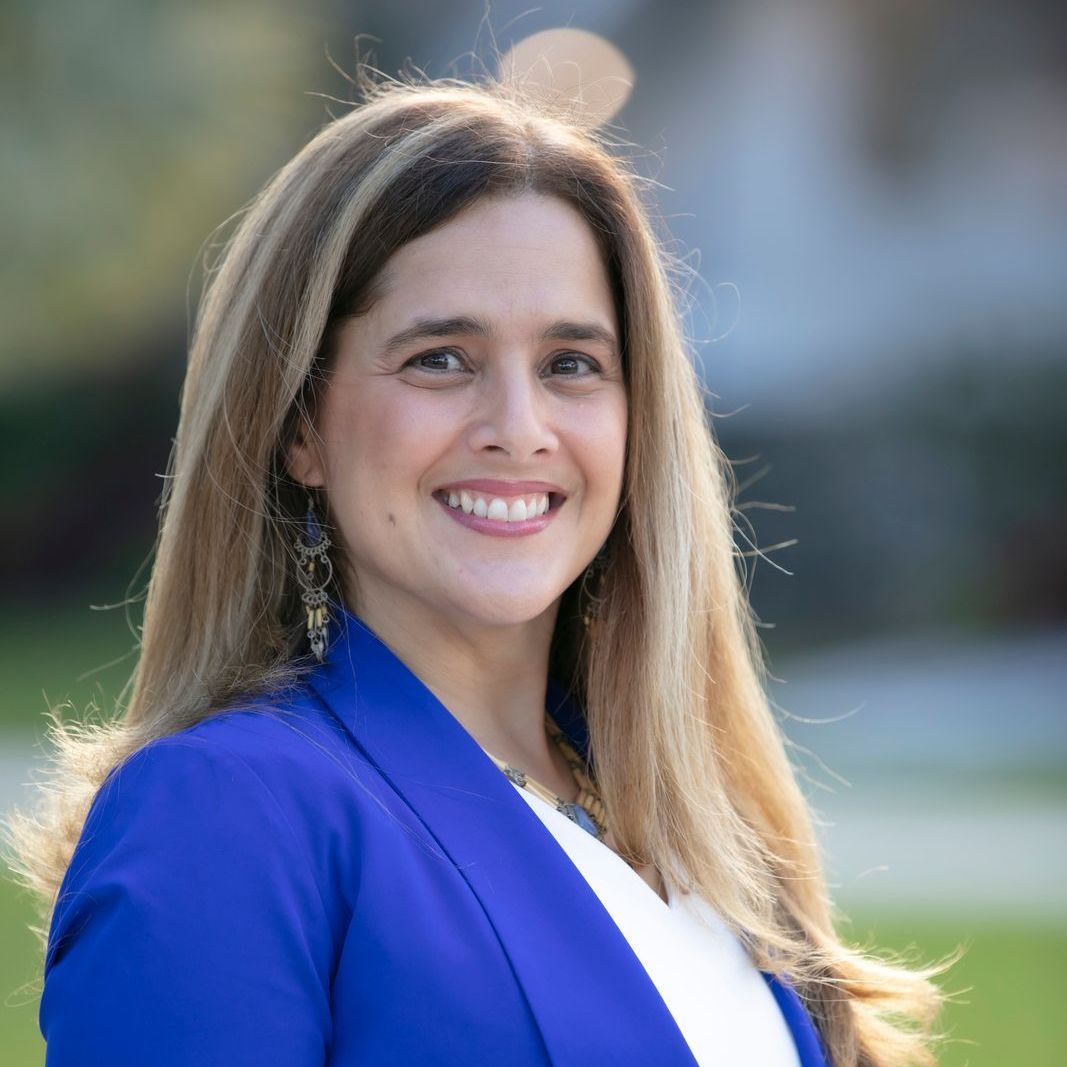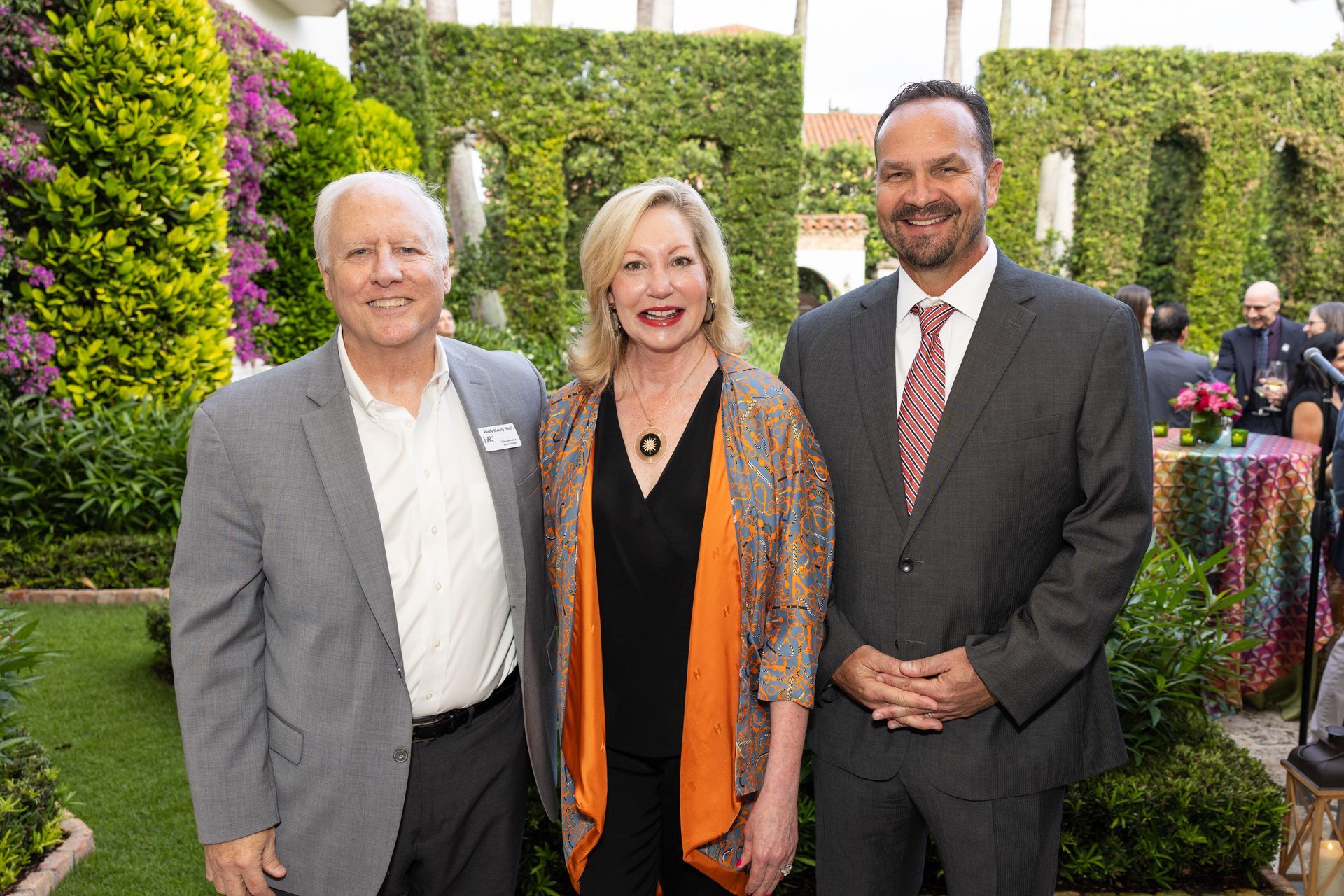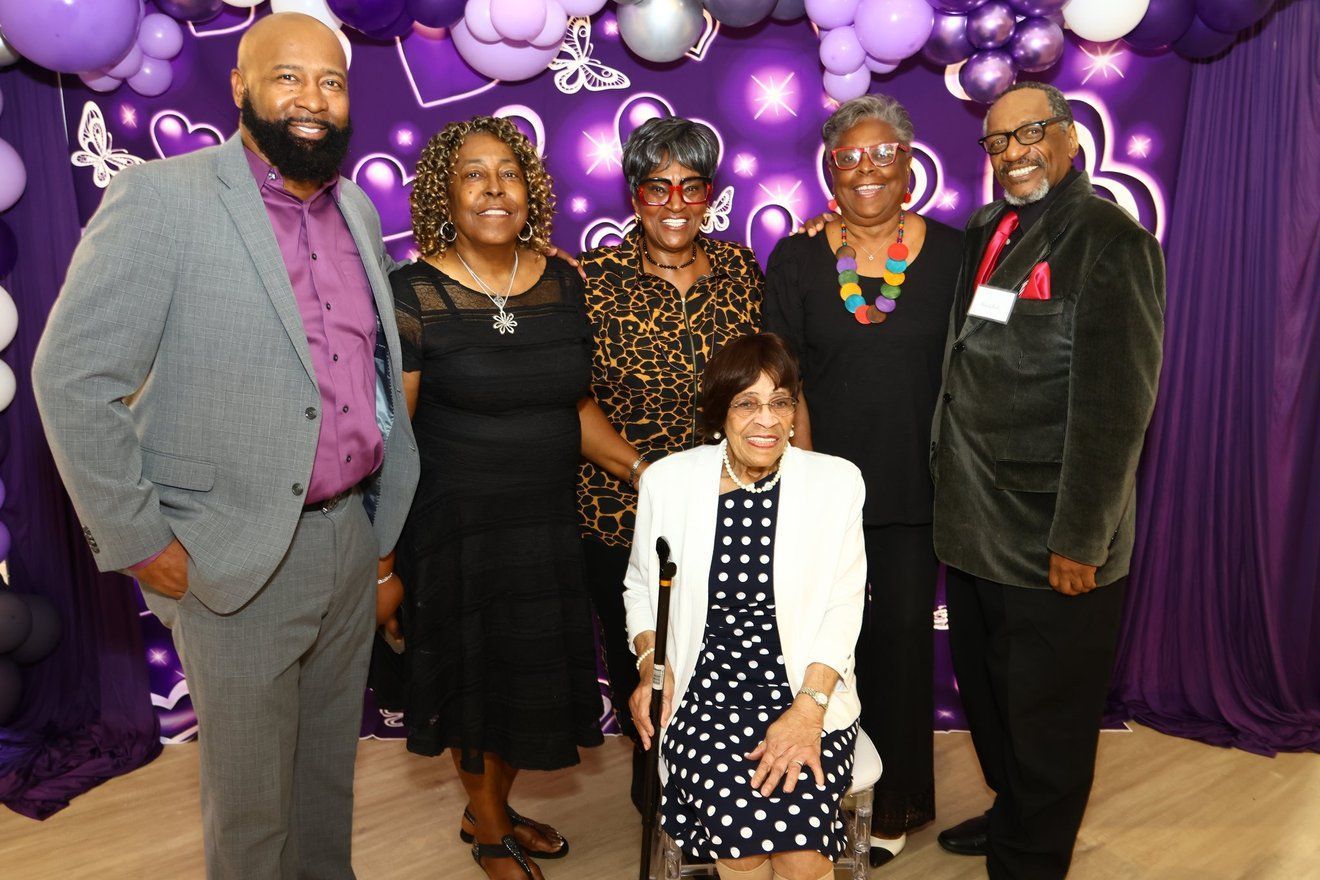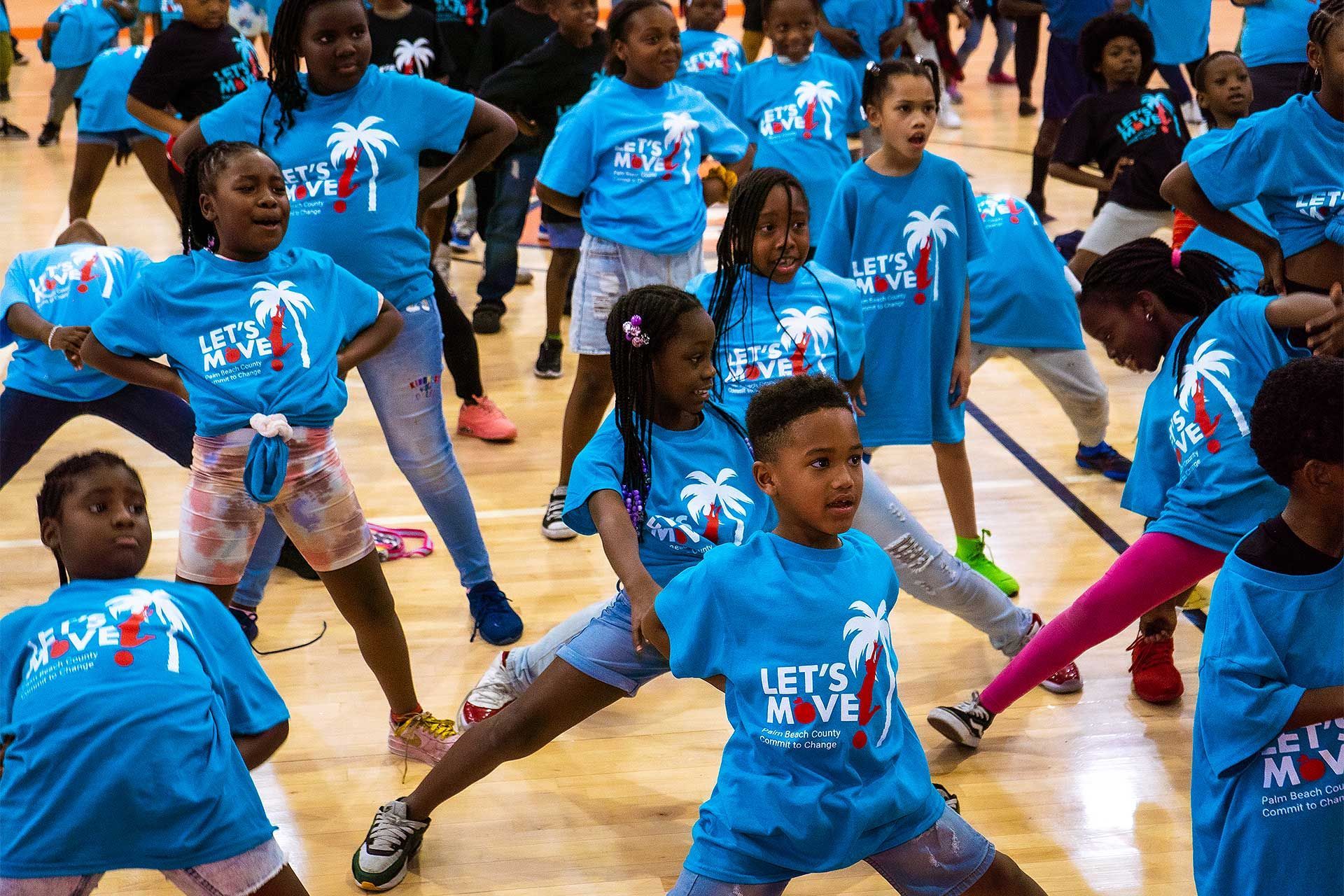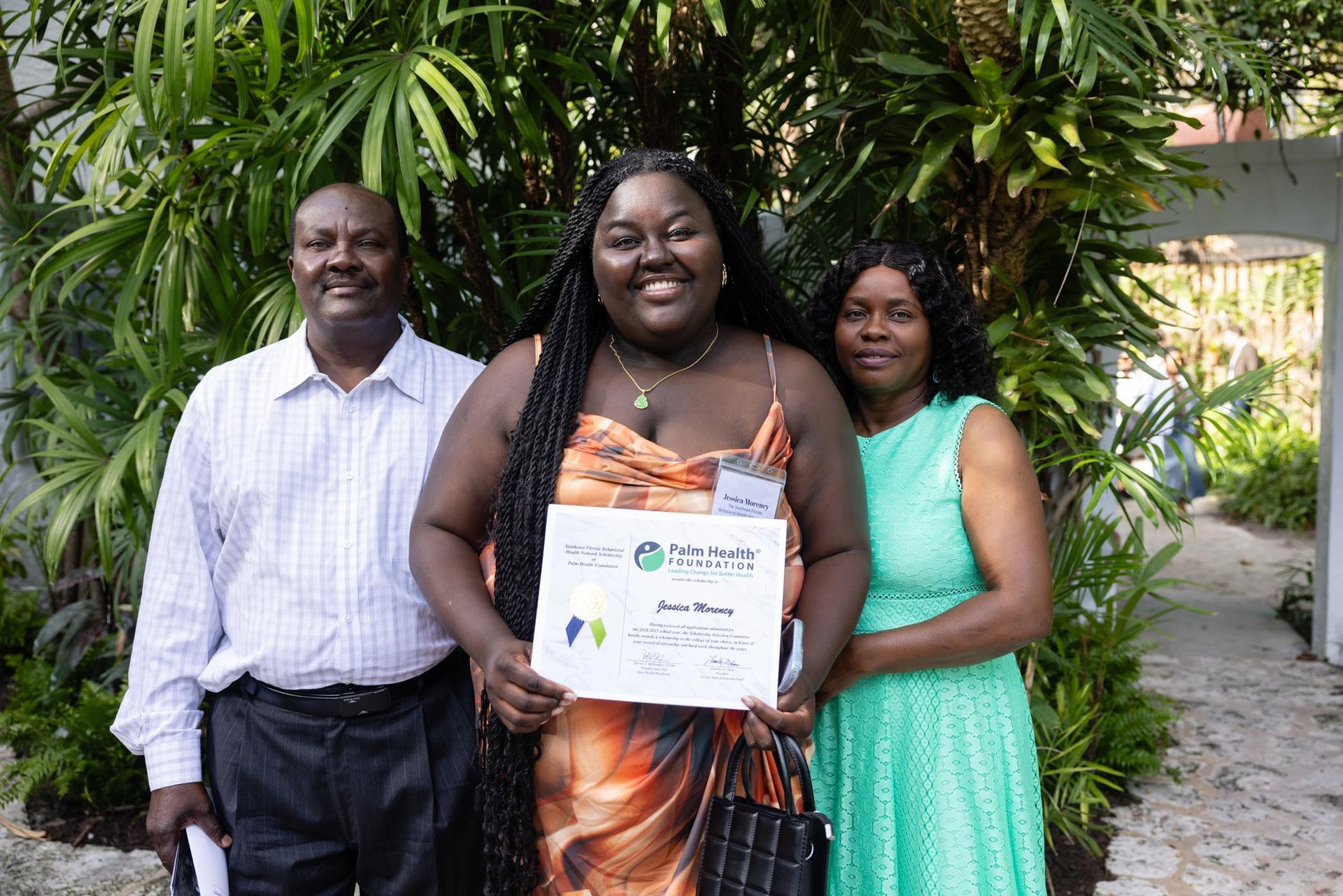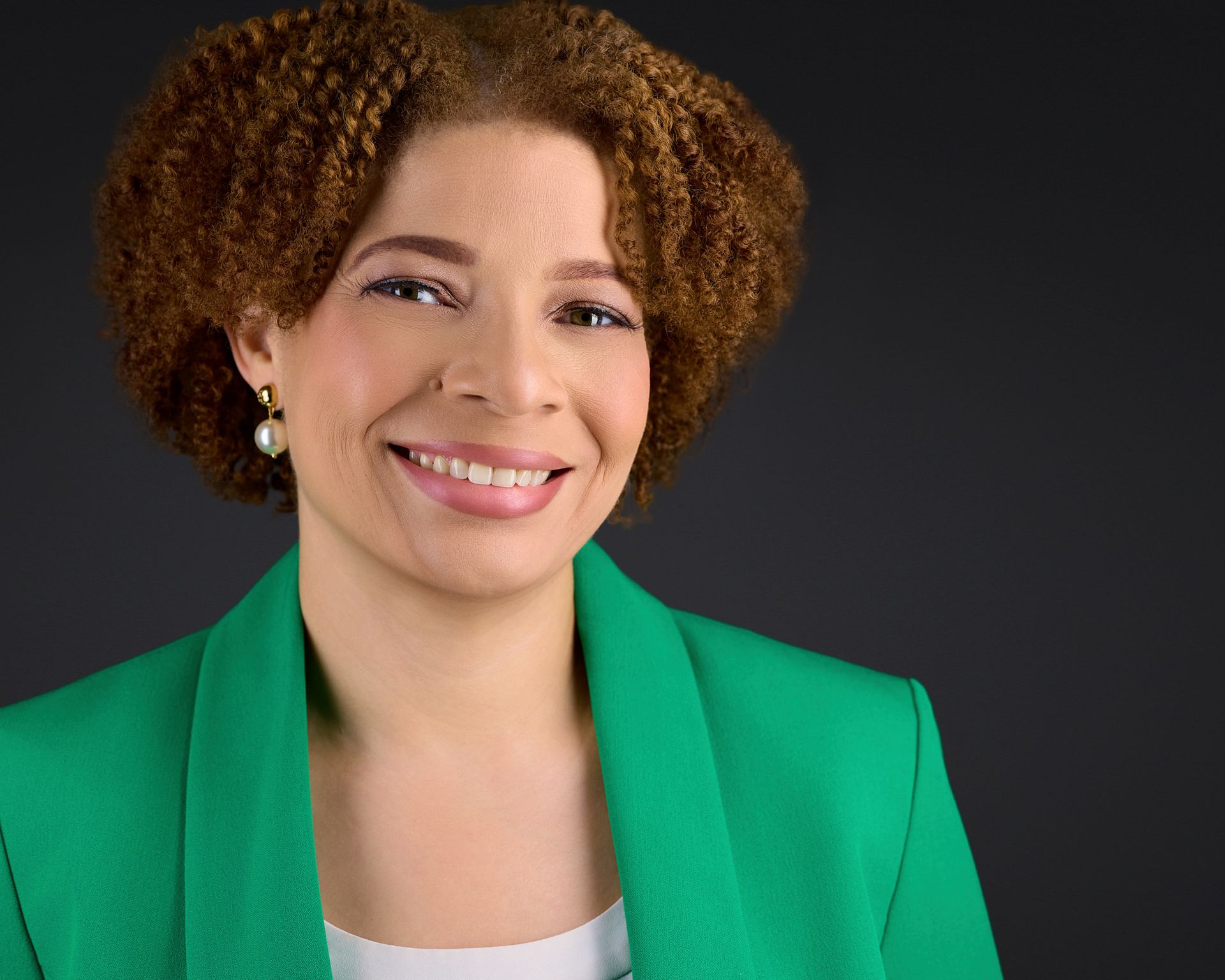At the Intersection of Code Compliance and Compassion
BEFORE:
Yolanda Robinson, assistant community sustainability director of code compliance for the City of Lake Worth Beach, is well aware of the perception residents have of her office.
“Code has always been the fear division,” she said.
Ms. Robinson has witnessed the anguish a violation can inflict on a household that doesn’t have the financial means to take corrective action to pressure clean a mold-blackened driveway, repair a shattered window, or remove overgrown tree limbs.
“My first initial thought was trouble and fear, because no one wants to get that post-it from the city hall saying you need to fix this and fix that, knowing that you don’t have the funds to fix it yourself,” said a young resident who found a violation on the front door of the home he shares with his grandmother. “It’s a very scary situation to be in.”
“I’ve heard horror stories about people being unable to pay the fines and losing their houses,” said another resident.
Code violation may not seem like a health issue to some, but the immediate stress it creates—and the prolonged stress from living in a home in need of repair—can affect residents’ mental and physical health. What’s more, researchers at RAND have found that toxic stress can increase in marginalized communities from an accumulation of despair, discrimination, and disparity, generation after generation. They discovered that the communities with stronger social ties, a more inclusive and responsive government, and a community narrative of facing challenges and overcoming them, were the ones that responded well and recovered.
Carmelle Marcelin-Chapman, project director of Healthier Lake Worth Beach (HLWB), a Palm Health Foundation-funded initiative, did not need the research. She’s lived it by convening residents and local government to build a cleaner, greener, and safer Lake Worth Beach for better health. HLWB partnered with Ms. Robinson and the city to create the Neighborhood Health/Code Compliance Curb Appeal Project in partnership with the City of Lake Worth Beach Code Compliance Division and the nonprofit organization Arms of Hope Community, Inc.
Once a resident shares their financial challenge for correcting a code violation, HLWB quickly responds.
“We told them that we couldn’t afford to do those things, and then a few days later Carmelle and her team came knocking at our door,” a resident commented.
Volunteer teams contributed 200 service hours and businesses provided $15,000 in in-kind resources to aid residents ages 55-75 with health issues on limited incomes to repair fences, trim trees, remove yard debris, and more for 15 households.
“Because of Healthier Lake Worth Beach, we have a more compassionate side of code,” said Ms. Robinson.
Residents like Leslie have experienced that compassion and the benefit of Healthier Lake Worth Beach building a culture of health. “Thank you for giving me peace of mind instead of asking myself, ‘what am I going to do, how am I going to do all of this,’ everyday.”
AFTER:
View more on the story:
